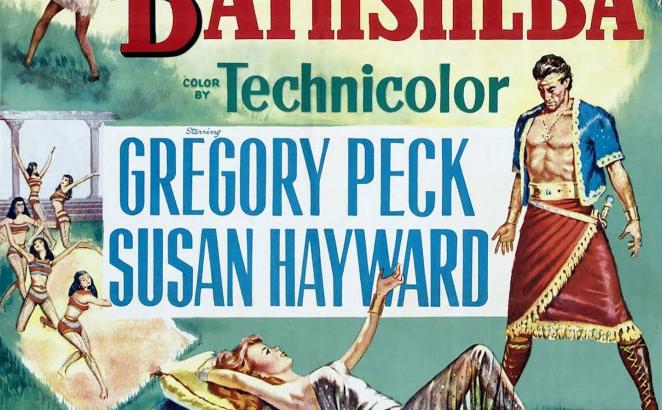Black History Month is an invitation and an opportunity to dig deeper into U.S. and Canadian history and the accomplishments of black people in North America.
- READ MORE
- READ MORE
If we want church to resonate with the next generation, here are a few words to consider dropping.
- READ MORE
I have been drawn into conversations that are not casually shared, but vehemently debated. You can lose friends over this one.
- READ MORE
The Christmas season often becomes the inverse of Advent. Rather than being a season marked by anticipation, wonder, and joy, it becomes an end-of-year blowout marked by consumerism, busyness, and sentimentality.
- READ MORE
At the risk of insulting the intelligence of his student, Solomon calls him a “sluggard” and tells him to go learn how to live wisely from an insect.
- READ MORE
Surely we are not left with just two stark options of hypermasculine men who behave badly or emasculated, effeminate men.
- READ MORE
Too many of TULIP’s terms are misleading and easily caricatured; they end up misrepresenting the Canons of Dort and giving a distorted impression of Reformed theology.
- READ MORE
In a culture drowning in conflict, there is simply nothing more beautiful, needful, or relevant than the reconciling power of the gospel and a people willing to live in light of it.
- READ MORE
How could you sleep at night knowing the other schools in your area are more open and welcoming to all the king’s children than your school is, even if those other schools don’t acknowledge each child’s royal status?
- READ MORE
My evangelistic challenges don’t end with casual friends and strangers. I’m better at sharing the reasons for my hope with people close to me. Still, some of the people I care most about care hardly at all about Jesus. They’re good people. They often love their neighbors in ways I fail to. They just don’t engage with Jesus or his church.
- READ MORE
To bear out our faith in public life and policy with neighbors who do not all share our religious convictions is to walk a minefield. Yet walk it we must, for to stay home is a political commitment too. Discernment is of the essence.
- READ MORE
We had just crossed the border from Michigan into Ontario. I was driving a van filled with seven college student worship leaders, and one of the guys piped up, “It’s two hours till we're back on campus. I’d like everyone to name their favorite Bible verse and explain why it matters to you.”
- READ MORE
The restorative justice movement began with Mennonite Christians in search of a better response to crimes. They started with a biblical understanding of justice and shalom, centered in the need for accountability, reconciliation, and peace.
- READ MORE
If biblical justice is a movement that restores broken relationships, then our pursuit of justice is as much about everyday acts of courage and conviction as it is about those dramatic—and intimidating—moments of history.
- READ MORE
Nobody imagined what would happen as the result of Ruth gleaning in Boaz’s field.
- READ MORE
If we believe that God has already inaugurated his reign and rule, then the primary way to unlock the power of the Holy Spirit is through our believing actions.
- READ MORE
We know the gospel writers are only rubbing our noses in human limitations because they are setting us up to watch God blow those limitations out of the water.
- READ MORE
In this Lenten season, when words slip and crack under the weight of our pain or under the weight of glory, I am thankful for the freedom to groan as in the pains of childbirth.
- READ MORE
Understanding the books of Kings and Chronicles may help us navigate today’s challenging political climate.
- READ MORE
What the story of Uriah and Bathsheba tells me is that none of our stories is lost to God. There is a reckoning for Uriah and Bathsheba. God has not forgotten what happened to them, not in 3,000 years. And God does not forget your story either.
- READ MORE
Let’s recognize the Canons of Dort for what they are: not a summary of Reformed theology, or even a full account of election, but a crucial clarification of some key issues that matter as much now as they did 400 years ago.
- READ MORE
The Heidelberg Catechism is the most popular, most loved catechism of many that emerged from the Reformation. But it is over 450 years old. Does it still speak to our churches—and to each of us—today?
- READ MORE
Since the creation of the world we have depended on plants to sustain and nourish our bodies.
- READ MORE
From beginning to end, Our World Belongs to God testifies that God is fully present and involved in our lives.


















